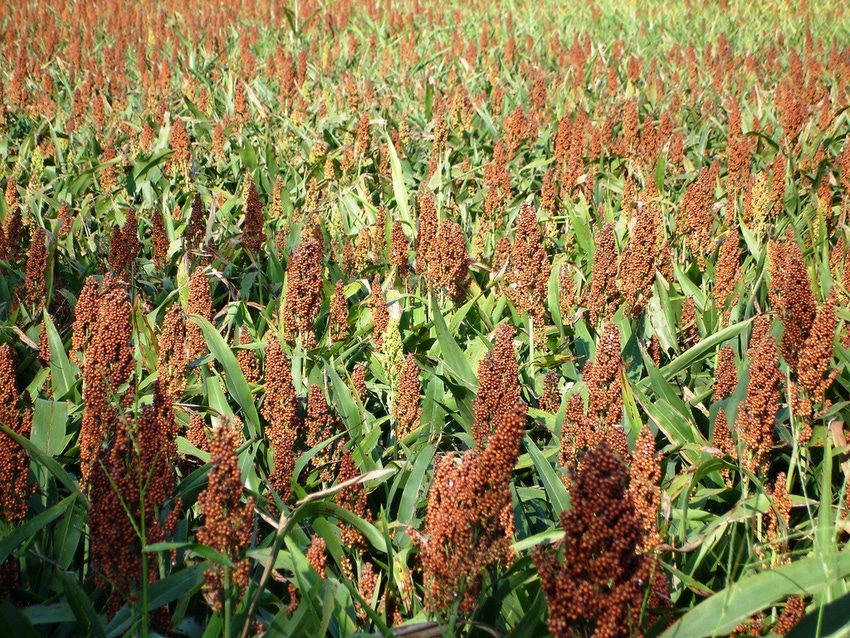May 2, 2019

Last month, I wrote about the technical aspects of sustainability. More specifically, I outlined why farmers should care about greenhouse gas emissions, regardless of their political leanings or views on climate science.
In short, GHG reduction incentives in ethanol markets are often worth more than $1 per bushel, and the predominance of domestic and international markets that incorporate these incentivizes mean a majority of sorghum farmers are impacted by them indirectly at a minimum. But what about the less technical aspects of sustainability — the cultural, social and related issues? How much are these worth? What advantages does sorghum have? What is the industry doing? Great questions! Let’s dive in.
There is significant overlap between GHG issues and the less technical aspects of sustainability, which I’ll refer to here as qualitative issues. Consumers — the other key audience for sustainability information — are very interested in environmental stewardship, and GHG scores offer the best method of quantification.
However, whereas ethanol markets are increasingly demanding detailed information on farming practices (remember, one-third of a gallon of ethanol’s GHG score is driven by nitrogen fertilizer application), consumers are more interested in farmers demonstrating continuous improvement or tangible progress toward sustainability goals.
How do consumers monitor this progress? That’s where the other component of our sustainability effort comes in. I wrote last month about the industry’s March summit in Dallas and our planned roadmap for sorghum sustainability in the U.S.
Some of this discussion centered on data needs for GHG emissions calculations, but a significant portion involved strategy for marketing, promotion and outreach efforts aimed at telling our unique sustainability story. This story will undoubtedly include information on the environmental stewardship efforts of sorghum farmers, but it will also illustrate our benefits in other areas — qualitative areas, as well.
It’s hard to measure our societal contribution in the areas of food security, nutrition and diversity, but this difficulty doesn’t mean we have nothing to offer. Sorghum has a lot to offer, but we will illustrate these offerings by highlighting our use in food aid, our protein- and antioxidant-rich nutritional profile, as well as the fact we’re a domestically-produced option through marketing and outreach efforts.
These efforts will include a heavy dose of coalition-building, and we have already joined groups like Field to Market and the U.S. Farmers and Ranchers Alliance to expand our network and reach new audiences.
If this leaves you scratching your head wondering how such qualitative advantages translate to added value on the farm, you’re not alone. I wrote last month our farmer leaders will be working for the remainder of 2019 to define sorghum sustainability, and an important component of this work will center on positioning the crop to capture value when opportunities arise.
In other words, we don’t have all the answers on value, but supply chain participants beyond the farm gate continue to ask for this information. They’re feeling pressure from consumers, and this pressure is trickling down to sorghum farmers. It’s hard to tell exactly what all this means in terms of value, but it is clear we have to position ourselves by telling our story in straightforward terms urban consumers can understand.
The good news is this lack of concrete needs brings opportunity to define things on our own terms. Many sorghum farmers are already moving to tell the story of their farms to various audiences—soccer moms, health-conscious urbanites and foodies interested in supporting family farms are just a few, and these stories are being met with great interest from supply chain participants and consumers alike.
These cases serve as a great blueprint, and we hope to incorporate some of these messages into our overall qualitative sorghum sustainability efforts. We encourage you to do the same, and if your farm has a story to tell, we would love to hear it and help you tell it.
Duff is a strategic business director for National Sorghum Producers. He can be reached by email at [email protected] or find him on Twitter @sorghumduff.
About the Author(s)
You May Also Like






